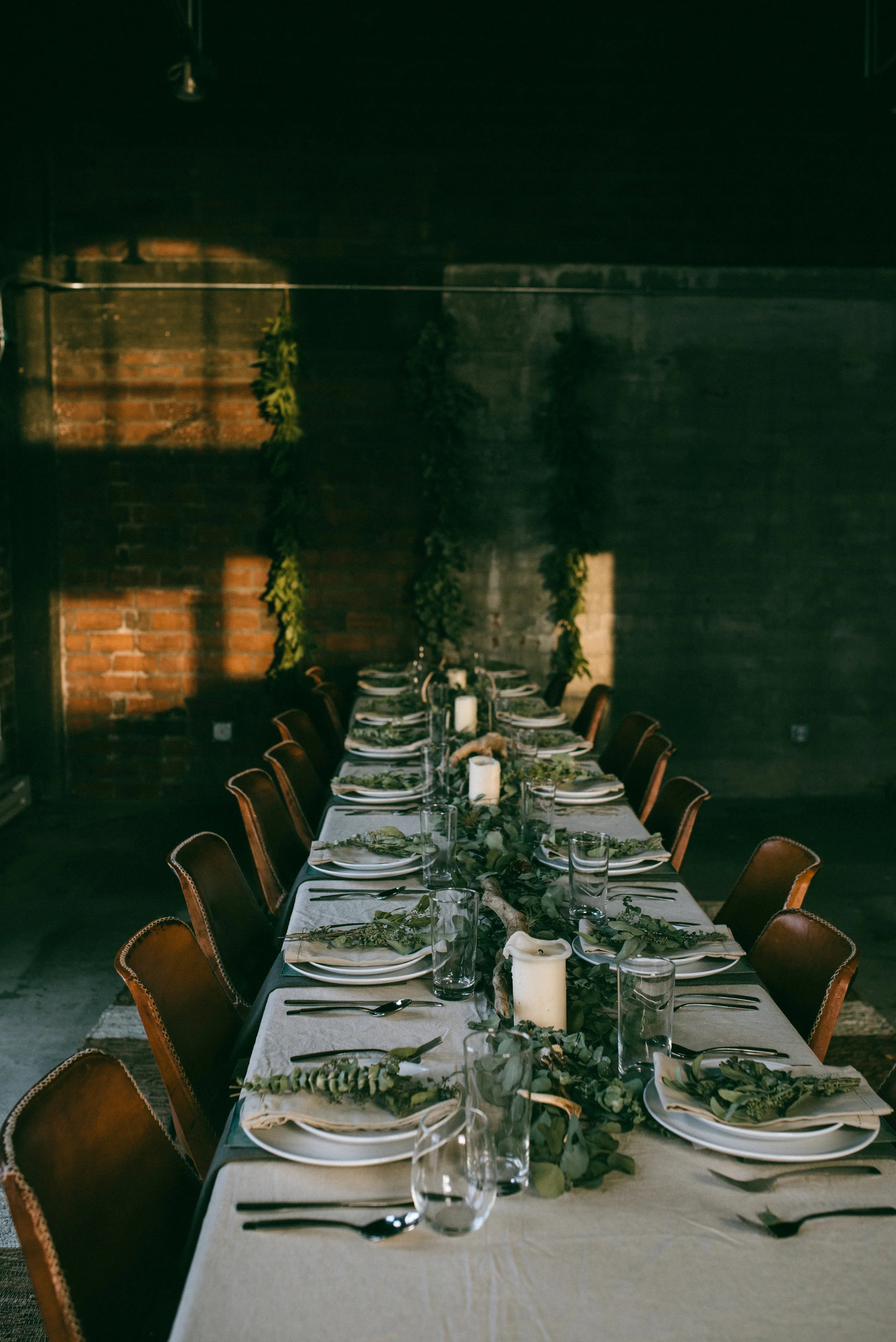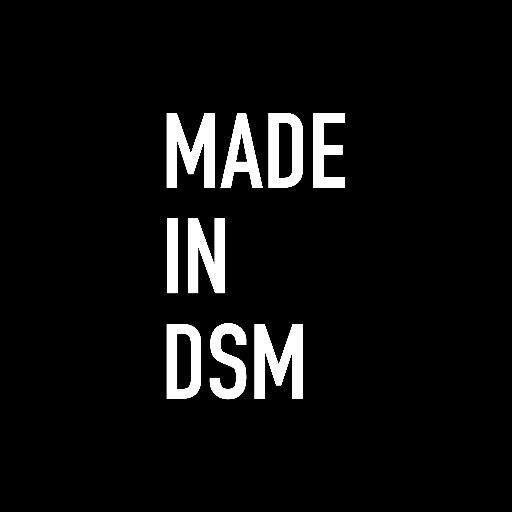A Conversation with Liam Walsh
/I stumbled upon Liam illustrations in an article I was reading and thought his work was smart, simple, and savvy. So I reached out to see if he would be interested in sharing about his art and he graciously agreed. We corresponded over email, discussing his career as an illustrator, as well as his thoughts on technology in the modern world.
I want to share with you a lesson I've learned from all the interviews I've conducted over the past year: people want to share their stories. Everyone I've asked to interview (whether over coffee or over the Web) have agreed emphatically. People often ask how I manage to feature so many interesting people on this site and my answer is simple: I ask. As Liam will tell you, there's no Secret to all of this. It's about working hard and not expecting anyone else to do the dirty work for you.
The Secret is that there's no secret at all.
Your illustrations have a really warm, lived-in feeling. How did you decide on this particular style?
I'm not sure if you ever "decide" on your style, but you do decide who will influence it. I'm most interested in people who can really, really draw, so most of my influences come more from the world of illustration and comics. I love Tintin and the "clear line" style; Calvin and Hobbes for sure; golden-age illustrators like Pyle and Wyeth; Mike Mignola of Hellboy fame; and of course, I was influenced by the wonderful cartoonist/illustrators of the early New Yorker, like Charles Addams, Saul Steinberg, and, most of all, Sam Cobean. I like a cartoon that can keep your attention while you're checking out the details.
How did you become interested in cartoons and illustrations?
Ever since I can remember I've been drawing, but I really became interested in cartoons once I fell in love with the New Yorker. I was in the cultural desert of the tourism industry, living in the Virgin Islands, and surrounded by people who just wanted to get drunk and listen to Jimmy Buffett on repeat. One day, I found a stack of New Yorker magazines left at the beach and it was an epiphany.
Early on in my life, I also received some encouragement which fed me and also made me a tiny bit better than other kids my age. This set a virtuous cycle into motion, until the day came when I actually was better than average.
You have published a lot of illustrations that comment on our cultural obsession with technology - specifically our obsession with phones. What drew you to speak on that specific issue?
I guess it was curiosity; that and wanting to understand my own feelings towards our new world. I've been a late adopter of technology, so, voila, you have me snottily making fun of a world I'm not really part of! (laughing)
I still don't have a smart phone. I Google like a madman when I'm in front of my computer, but I really value quiet time when my mind can wander. I believe distraction is the enemy of creativity.
I once went a week without internet and when I got back the thing I really noticed wasn't the miracle of having the world’s libraries at my fingertips, but the fact that we basically spend our days traipsing through a giant supermarket tabloid rack. Headlines abound featuring a plethora of things: celebrity swimsuit bodies, some pop star doing some outrageous thing, or somebody doing something racist or sexist.
I'm interested in finding a balance between the sense of wonder the Web gives me and the steaming load of trash it tries to shove into my brain with every click.
You lived in Brooklyn for a time, I'm curious if it's as gentrified as they say it is.
Tere are definitely a lot of people in Brooklyn who seem to find it easier to assume a ready-made persona than to go to the trouble of having an actual personality. But I think it was ever thus. People talk about the conformity of the 1950′s, but what was more conformist than the hippy movement? (Unless it was the punk rock conformity of the 1970s-80’s: black leather, Mohawks, red and black plaid. My thinking is if everybody was wearing the same thing, than how is that different from everyone wearing a grey flannel suit?)
“I’m interested in finding a balance between the sense of wonder the Web gives me and the steaming load of trash it tries to shove into my brain with every click.”
On your website, I read that you grew up in Wisconsin. When you first moved to New York, was it difficult to adapt to big city life or was it something you'd planned on?
I grew up in Wisconsin, but I always wanted to travel and so I did. Now I wonder what life's like for people who actually stay put. I'm kind of intrigued by it.
My wife is Swiss and her dad grew up in a village where he knows everybody and everybody knows him. I found that idea stifling when I was younger, but now I realize there's something special about it.
During my last year of high school, I was an exchange student in Ecuador. Then my first summer in college I hitchhiked out West and saw quite a bit of our country by that route. Then I got work on a dive boat in Florida, followed by a couple of years in the Virgin Islands. When I was twenty-five, I came to New York City for the first time and it wasn't too much culture shock because where I ended up living turned out to be an Ecuadorean neighborhood. So I felt at home.
I submitted to the New Yorker for the first time that year and soon received a rejection letter that also encouraged me to send more samples. A year later, I had saved enough to put my career on hold and backpack around Asia. Afterwards when I finally settled back in New York, it felt like coming home.
In your opinion, is New York City still the artistic hub of the nation? Specifically, I wonder if the high-rent costs have made it impossible for young artists to really "make it."
You know, sometimes I wonder if in such a connected age we need a "hub" (unless we're talking about theater or something else where you really gotta be there to understand it.) I think the good thing about being in New York City is that you are surrounded by people who are actually doing stuff.
I worked at a cafe and by working there met people who were making comics, doing the stand-up circuit; performing, submitting, or just somehow going for it. It's not to say that the people around me growing up weren't talented, but we just didn't have the sense that you could really have a career doing those types of things.
I read somewhere a few years ago that having fat friends can make you fat and I think it's sort of analogous: having friends who believe they can have a career in the arts can encourage you to believe you can have a career there, too. New York has made me feel that maybe there's still some degree of meritocracy in this country.
That said, there's no reason the city needs to be so filthy.
Before we part ways, do you have any advice for aspiring creatives?
Mark Twain said writing is "The art of applying the seat of the pants to the seat of the chair," and I don't think anyone has said it better since. You just have to sit down and work. "Showing up" is important, too, because nobody will ever come to you and say we think you might be a cartoonist/screenwriter/ figurative painter, would you like to give it a try?
You've got to believe in yourself. Why? People just like you are out there doing it and getting frustrated, crying, and then doing it some more. Whatever your art is: start now. Lots of people come out of college with various arts degrees looking a little dazed because they thought somebody was going to impart The Secret to them, and they get jobs at coffee shops and occasionally draw or write or play their guitars when they feel "inspired", and in the best scenario their art becomes a satisfying and enjoyable hobby (and there's nothing wrong with that!) and at worst, they gradually stop doing it all together.
It turns out you don't need to go to college to learn The Secret, you don't need to buy a self-help book, you don't need to attend a workshop, none of that stuff. The Secret is that there's no secret. If you want to be a poet, a movie scriptwriter, a cartoonist, a sculptor in marble, a sitar player - whatever you want to be- you just find time to do it every day whether you feel inspired or not. You learn everything you can about it, you continue doing it everyday, and you don't ever give up.











